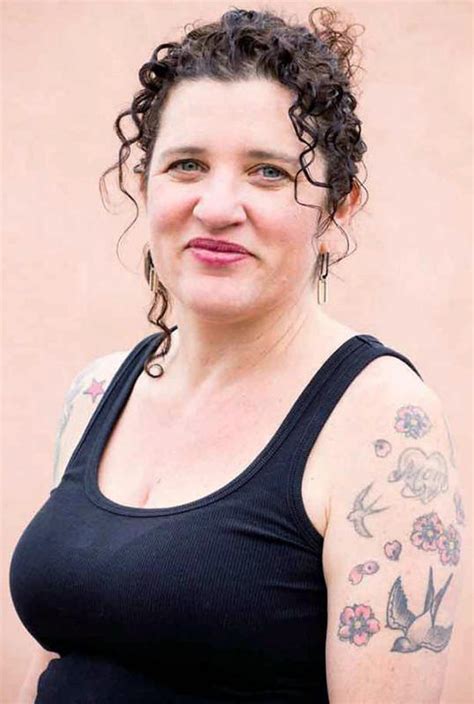A Quote by Lori Gottlieb
Could it be that by protecting our kids from unhappiness as children, we’re depriving them of happiness as adults?
Quote Topics
Related Quotes
The StarTalks - while kids can watch them, they're actually targeted at adults. Because adults outnumber kids five to one, and adults vote, and adults wield resources, and adults are heads of agencies. So if we're going to affect policy, or affect attitudes, for me, the adults have always been the target population.
If you throw the baby away, that's garbage. But no, the heart's precious. You could get something, you could save a life. Well, you just threw away a baby but the heart's valuable. That's the horror and the terror and the hypocrisy that nobody can understand. We base communities on the idea of protecting children based on the sacrifice of adults. Adults work and die so that their next generation would grow and prosper.
[E]verywhere I'm looking at kids, adults mostly don't seem to like them, not even the parents do. They call the kids gorgeous and so cute, they make the kids do the thing all over again so they can take a photo, but they don't want to actually play with them, they'd rather drink coffee talking to other adults. Sometimes there's a small kid crying and the Ma of it doesn't even hear.
Children, who have so much to learn in so short a time, had involved the tendency to trust adults to instruct them in the collective knowledge of our species, and this trust confers survival value. But it also makes children vulnerable to being tricked and adults who exploit this vulnerability should be deeply ashamed.
We, perhaps, have corrupted our children and our grandchildren by heedless affluence, by a lack of manliness, by giving the younger generation more money and liberty than their youth can handle, by indoctrinating them with sinister ideologies and false values, by permitting them, as young children, to indulge themselves in imprudence to superiors and defiance of duly constituted authority, by lack of prudent, swift punishment when the transgressed, by coddling and pampering them when they were children and protecting them from a very dangerous world.




































